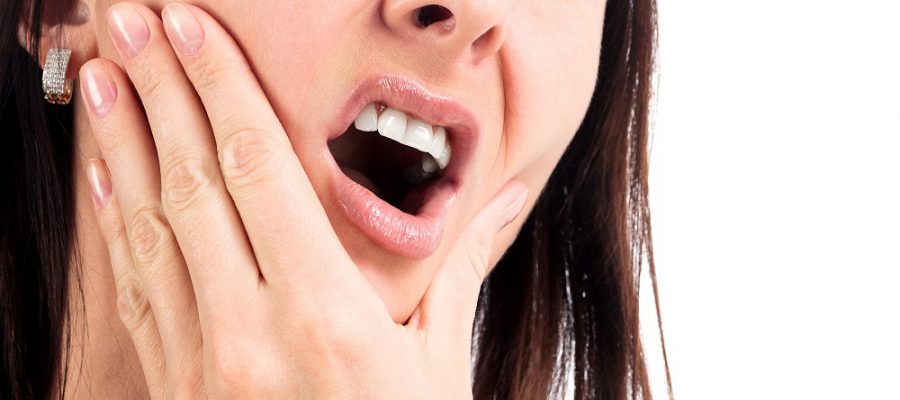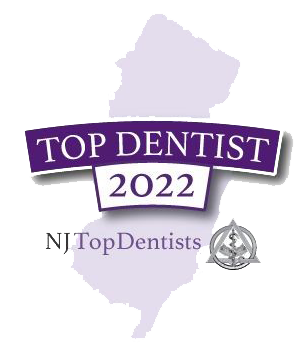
More Millennials Seeking Treatment for TMJ Disorder

A recent report from ATI Physical Therapy analyzed physical therapy trends by examining more than 600,000 patient records across the country. This report found that Millennials are seeking treatment for temporomandibular joint (TMJ) disorder more than any other condition. In this blog post, West Orange TMJ specialist Dr. Ivan Stein discusses why TMJ disorder may be affecting more Millennials.
Stress-Induced TMJ Disorder
Stress can negatively impact the body in a myriad of ways, such as contributing to high blood pressure and depression. Below are ways stress exacerbates TMJ disorder:
- Clenching the jaw – one of the most common symptoms of stress is jaw clenching, which eventually causes pain in the TMJ
- Grinding teeth – when people are stressed, they frequently grind their teeth, either subconsciously while awake, or in their sleep
- Sleep disorders – sleep apnea and TMJ disorder often go hand in hand. Stress not only triggers TMJ disorder, but also creates an unhealthy sleep environment that can promote sleep apnea
Lifestyle Changes
Other lifestyle changes often associated with the Millennial generation include increasingly sedentary work environments and a larger percentage of processed food. Sitting in front of a computer all day can negatively impact the shoulder and neck muscles. One theory suggests that the influx of softer, processed foods in modern diets has led to weaker jaw muscles over time. Underdevelopment of the jaw muscles can set the stage for TMJ disorder down the road. Lastly, younger generations tend to use their mobile devices more frequently, which can contribute to poor posture over time. Staring at a smartphone for several hours a day rather than looking straight ahead places added stress on neck and jaw muscles, which can contribute to TMJ disorder.
Does Physical Therapy Help?
Physical therapy can relieve some of the painful symptoms of TMJ disorder, but it cannot cure the underlying condition. While muscle tension undoubtedly contributes to TMJ disorder, only a TMJ specialist can treat the malocclusion and jaw misalignment that causes the pain and popping of TMJ disorder. The best treatment for TMJ disorder depends on the severity of the condition and the specific symptoms.
If you are experiencing TMJ symptoms, schedule a consultation with Dr. Ivan Stein to discuss your treatment options. Call the Headache and TMJ Center of New Jersey at (855) 865-3627.

